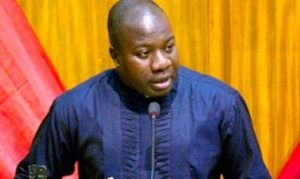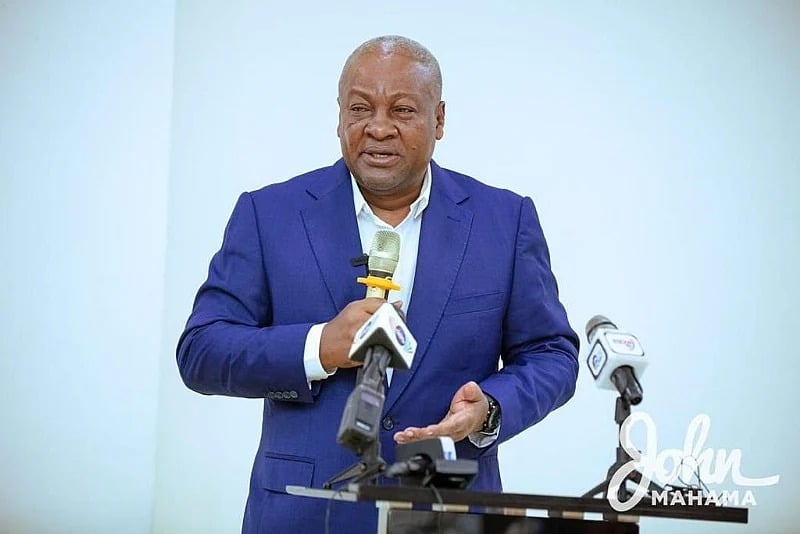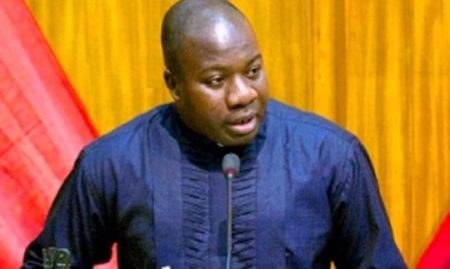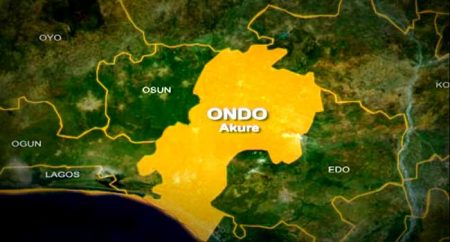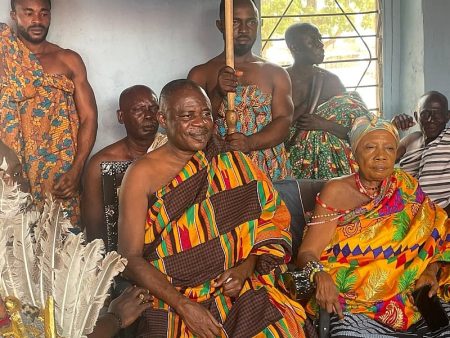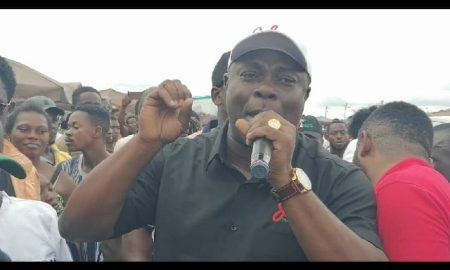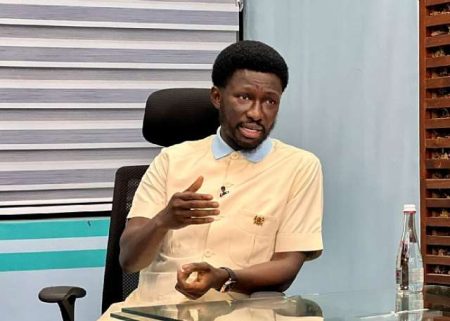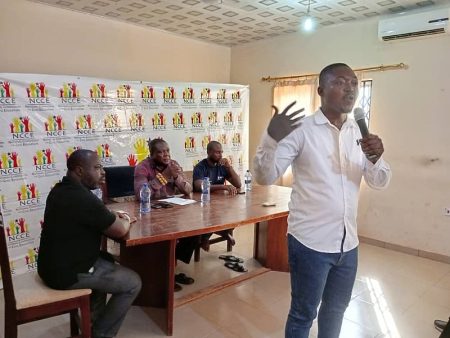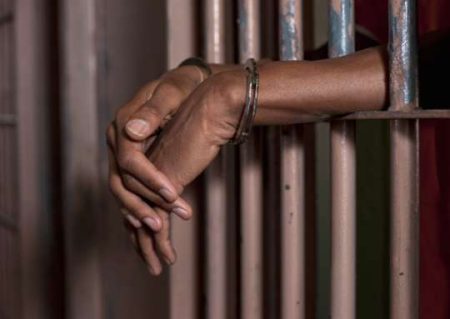Mr. John Dramani Mahama, the Presidential Candidate of the National Democratic Congress (NDC), has unveiled a series of innovative policies aimed at promoting the welfare of Zongo communities and fostering development across urban areas in Ghana. As outlined in the NDC’s manifesto for the 2024 elections, titled “Resetting Ghana: Jobs, Accountability, and Prosperity,” Mahama emphasizes a commitment to implementing affirmative action measures that address developmental inequalities and bolster growth in inner cities and predominantly Muslim regions. His vision is rooted in social equity, economic stimulation, and enhanced social inclusion, all crucial for achieving a balanced and prosperous Ghana. Mahama’s extensive experience in political offices, including serving as an Assemblyman, Member of Parliament, Minister of State, Vice President, and President, informs his approach and understanding of the various challenges facing the nation.
Emphasizing education as a cornerstone for community empowerment, Mahama promises to introduce an educational infrastructure program specifically designed for Zongo communities. This initiative aims to improve educational resources and support for Islamic education. Key proposals include enhancing the Islamic Education Unit under the Ghana Education Service (GES) to facilitate effective oversight and recruit more Arabic instructors. The plan also encompasses upgrading the AL-Faruq College of Education and facilitating the accreditation of Islamic schools, including the Institute of Islamic Research, to foster the training of Arabic teachers. Additionally, Mahama aims to provide scholarships for Muslim students pursuing degrees in law, medicine, engineering, and information and communications technology (ICT) and to explore partnerships for establishing Islamic tertiary institutions, thereby creating opportunities for academic advancement.
In terms of economic empowerment, Mahama outlines the establishment of the Soyaaya Fund, dedicated to supplying working capital for small and medium-sized enterprises (SMEs) within Zongo communities. He stresses the importance of supporting Muslim women entrepreneurs by ensuring tailored services from the National Women’s Bank, which will promote business growth in these communities. Moreover, Mahama plans to expand the Livelihood Empowerment Against Poverty (LEAP) initiative, extending its benefits to vulnerable populations such as aged widows and orphans within deprived Muslim enclaves. Creating a more equitable economic landscape is a core element of his approach, contributing to the overall well-being of these communities.
Mr. Mahama’s proposals also address the management of the Hajj pilgrimage, highlighting plans for increased transparency and reduced costs. His administration would work towards allowing direct flights for pilgrims from Kumasi to Saudi Arabia and reassessing regulations governing the Hajj board. Furthermore, recognizing the cultural significance of Eid celebrations, Mahama proposes granting an additional holiday for these festivities. The manifesto also outlines measures to combat discrimination against Muslims, with a focus on supporting women who face challenges wearing the hijab in public settings. On the legal front, Mahama aims to review the Marriage of Mohammedans Ordinance of 1951 to streamline the recognition and certification of Muslim marriages, while also establishing Islamic mortuaries in major hospitals to facilitate timely burial processes according to Islamic customs.
Health infrastructure development emerges as another vital component of Mahama’s vision, with plans to bolster health facilities in Muslim communities. His administration intends to collaborate with the private sector to construct new abattoirs and renovate existing ones, ensuring compliance with World Health Organization (WHO) standards. By enhancing health resources, Mahama aspires to improve the overall quality of life in Zongo and surrounding areas. This attention to health will be complemented by his initiative to launch the Big LEAP program, designed to foster economic inclusion among LEAP beneficiaries and urban poor through coordinated funding efforts. This multi-faceted approach seeks to alleviate poverty and bolster social support systems while enhancing essential services for households under the LEAP initiative.
Mahama also envisions specialized projects aimed at supporting indigent populations in coastal and urban-poor communities, alongside the establishment of an Emergency Response LEAP Grant Programme. This initiative will enable swift action in response to disasters, ensuring that affected individuals and families receive timely relief. Within this comprehensive framework, educational scholarships for children from LEAP households are another critical element of Mahama’s agenda, aiming to break the cycle of poverty through access to quality education.
In conclusion, Mr. Mahama calls upon voters to rally behind him and the NDC, urging widespread support for his presidential candidacy and for NDC parliamentary candidates in the upcoming elections. With his policies centered on progressive change, equity, and development, Mahama seeks to form the next government in order to realize his vision for an inclusive and prosperous Ghana, focusing particularly on elevating the conditions of the Zongo communities and addressing the needs of all Ghanaians.


